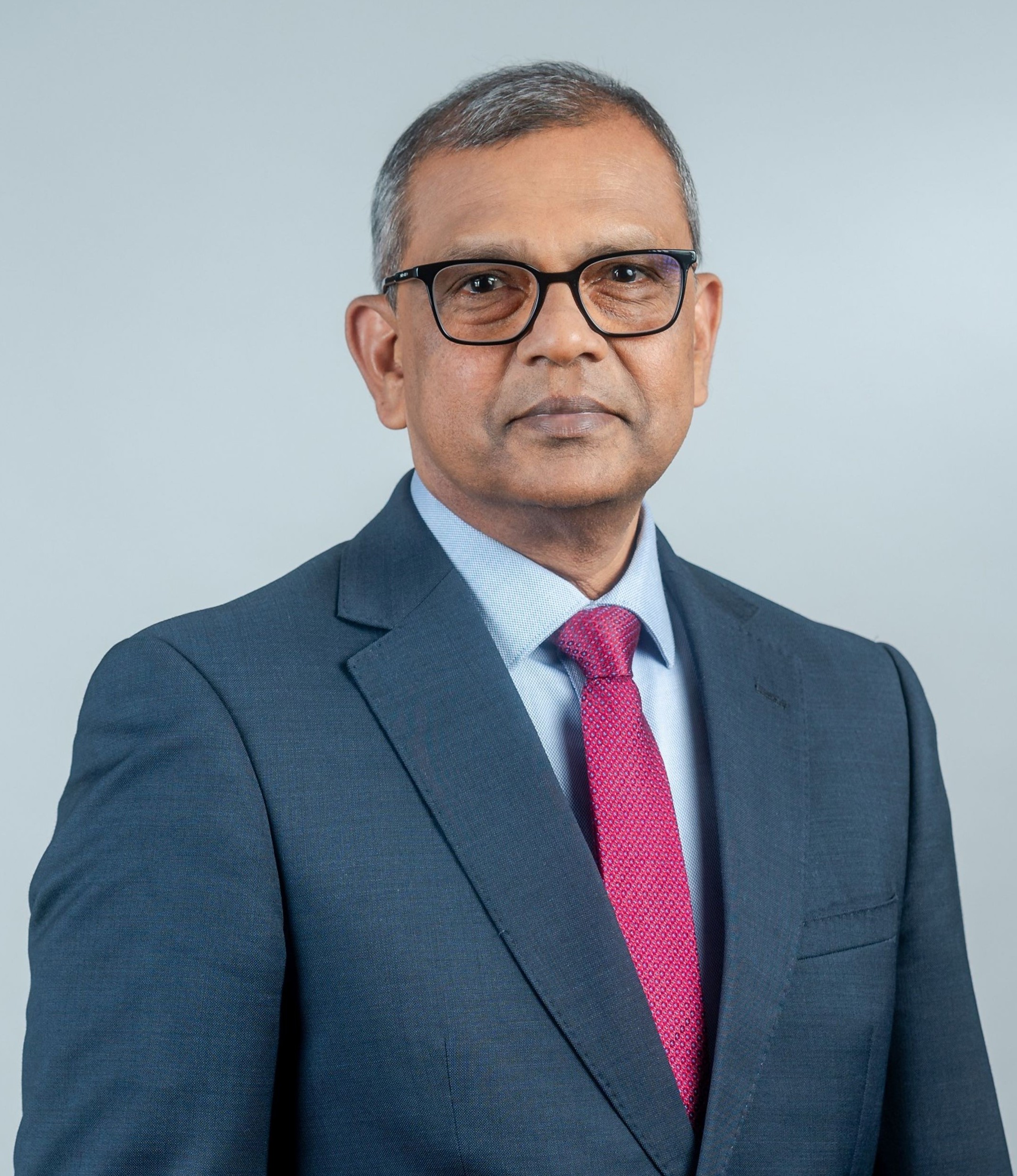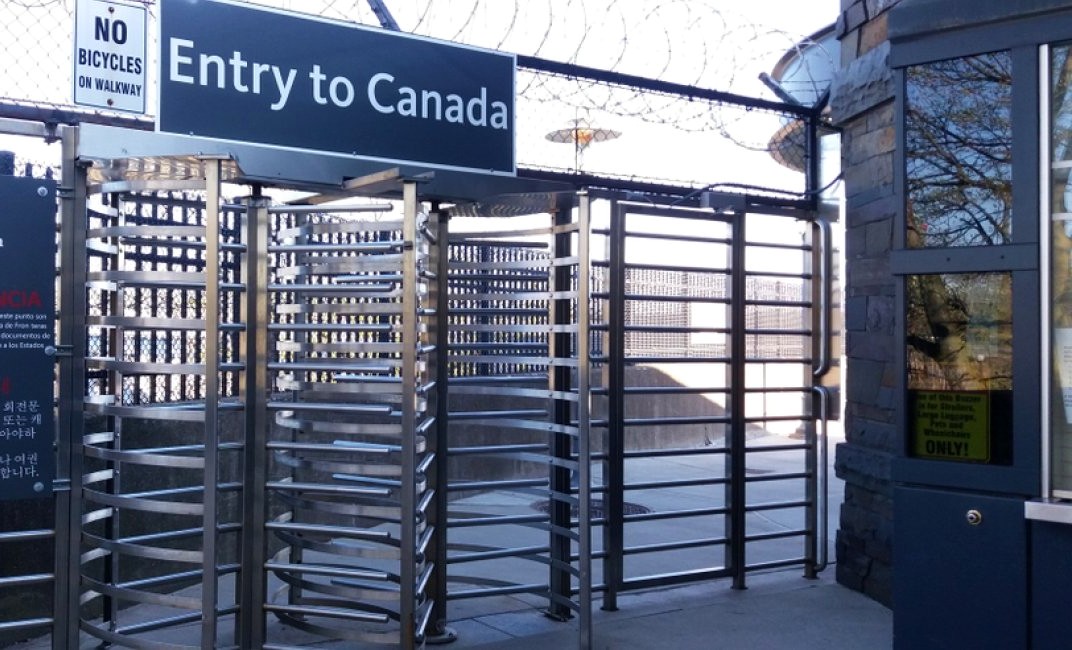Whitehall Director General Stephen Rimmer is confident children in the West Midlands are safer now than they were when he moved to the region two years ago. Stephen, seconded to the West Midlands from the Home Office, today ends two years as the region's strategic leader on action against the sexual exploitation of children and other vulnerable people.
And, after working closely with councils and other agencies, he believes the West Midlands has made significant progress to protect vulnerable people across the region. He said: "Are our children and vulnerable people safer now that they were two years ago? Yes I think they are and I would back that up with the following bits of evidence.
"First of all we've seen a significant increase in reports across the vast bulk of these types of offences that are horribly intimate and really touch on the confidence that people have to go to statutory agencies or the voluntary sector. "I'm absolutely clear that the increase in reporting is a positive sign of greater confidence that agencies will do something about it, not that the problems have got worse.
"Increase in enforcement activity is really important to send a very clear message to perpetrators that: We know you're targeting vulnerable people because you think no-one cares about them and we are determined to make your life increasingly unpleasant and miserable and ultimately to lock some of you away.
“Although we've still got a lot more to do on that, the sheer volume of increase in police investigations, in local government activity and in the intelligence we get from other agencies to support that is really positive. "Secondly, I think that the work, particularly around multi agency safeguarding hubs (MASH), in Birmingham, but also right across the West Midlands, has been incredibly important in providing an operating model, a series of processes and systems at the heart of safeguarding our children and our vulnerable adults that simply wasn't around previously in any joined-up way.
"I think that approach to working right across agencies as core business has been really important in protecting our vulnerable communities. "Thirdly, and more specifically, we've seen a much sharper focus on what we're doing to tackle child sexual exploitation and all the harms that go with that.
"When I came here I was a bit surprised that although we talked about it, we didn't really know in hard data terms what the scale of the threat was and what therefore our operational response should be. Now I feel, as a region, we've come an awful long way in getting to grips with one of those hidden crimes that is most perplexing and most worrying to parents, to children themselves and to communities.
"I think we can say genuinely to people across the West Midlands, we haven't eradicated this as a threat yet but we are much closer to having a full sense of what the nature of that threat is.” While Stephen has been pleased with the progress made, he insists efforts to protect vulnerable people across the region must continue.
He added: "We've also got to be very clear that there are some people in the West Midlands, right here and right now, being exploited and abused. We've got to be very swift and very decisive in our interventions to reduce the horrible harm that's being caused to them. "So in the next few months - because we now have the data that can track this - I expect to see greater numbers of overall children being identified as at risk of child sexual exploitation for example. That will be a good thing because it will mean our radar is more rounded and more comprehensive.
"One of the messages I want to say to the people of the West Midlands is: We're getting a clearer picture of risk across the region and at the same time we're bringing down those that are currently at the highest level of risk because they're the ones we particularly want to immediately support.”
















